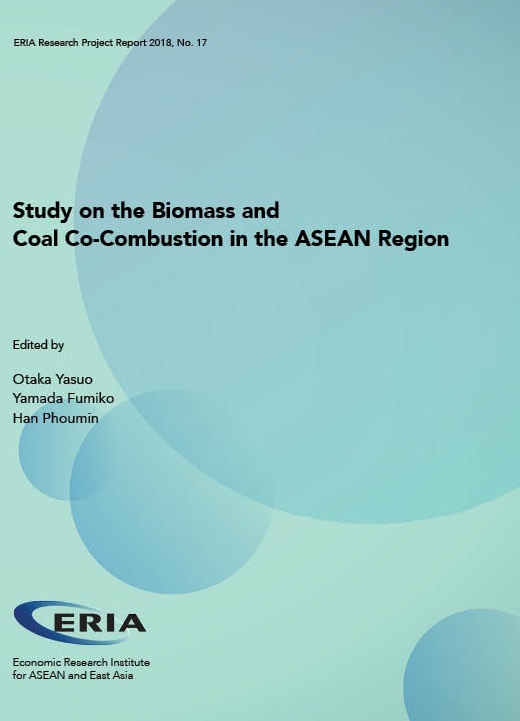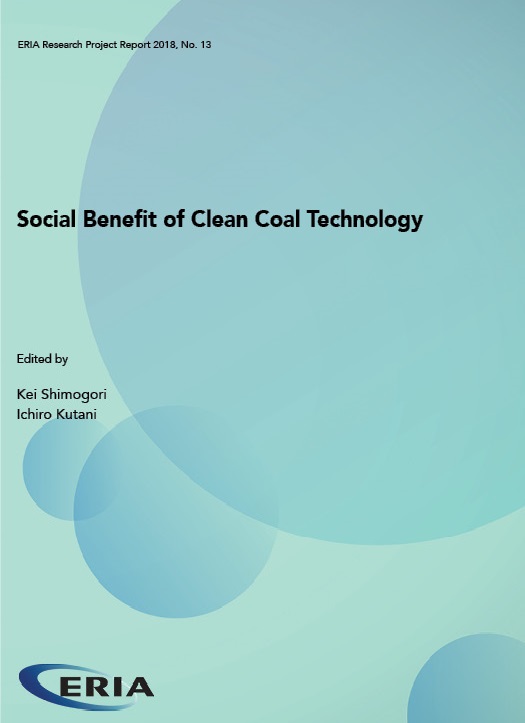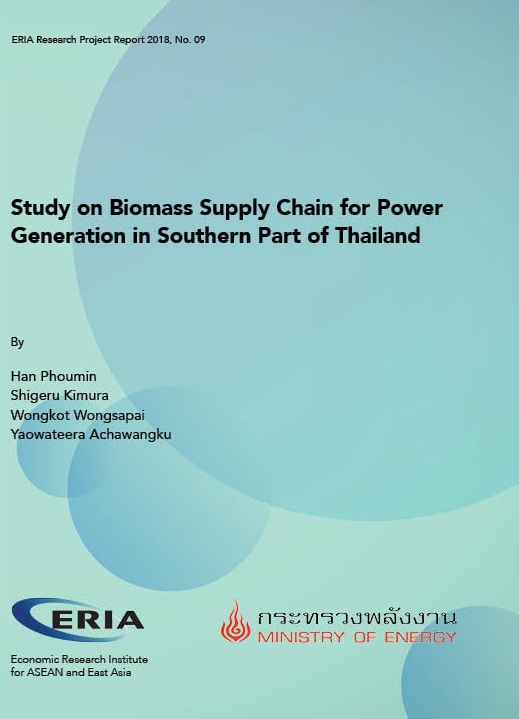Study on the Biomass and Coal Co-Combustion in the ASEAN Region

Date:
16 December 2019Category:
ASEAN, Indonesia, Philippines, EnergyType:
Research Project ReportsTags:
Energy, ASEAN, Biomass, coal, Indonesia, PhilippinesPrint Article:
Co-combustion of agricultural waste and coal could make a very significant contribution to reducing CO2 emissions compared with simple coal combustion for power generation. Since the countries of ASEAN are generally rich in biomass resources, the co-combustion of biomass and coal could play an important role in combating climate change. For this study, we compared two cases: case 1 focuses on Indonesia as a biomass-rich and coal-producing country; and case 2 focuses on the Philippines as a biomass-rich and coal-importing country. The study also calculated the Levelised Cost of Electricity (LCOE) to check whether the electricity cost produced from the co-combustion of biomass and coal are economically feasible, compared with the electricity cost produced from coal-fired power generation only. The results show that biomass and coal co-combustion is not feasible under the current tariff situation; it will require putting into place the right incentives such as a feed-in tariff or other kinds of incentives. In the next study, therefore, further consideration shall be given to identifying tailor-made country-specific models with optimal capacity and technologies as well as appropriate incentives.
Full Report
Contents
List of Figures, Tables and Project Members
List of Abbreviations and Acronyms
Chapter 2. Overview of the Energy and Power Situation in ASEAN




